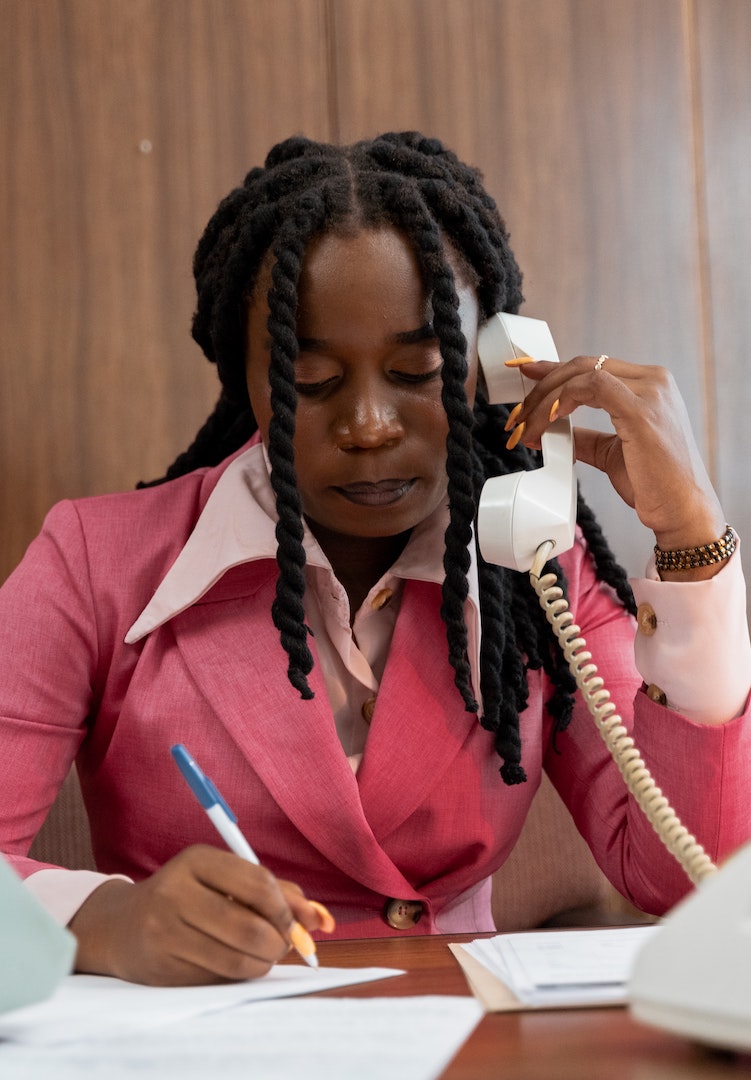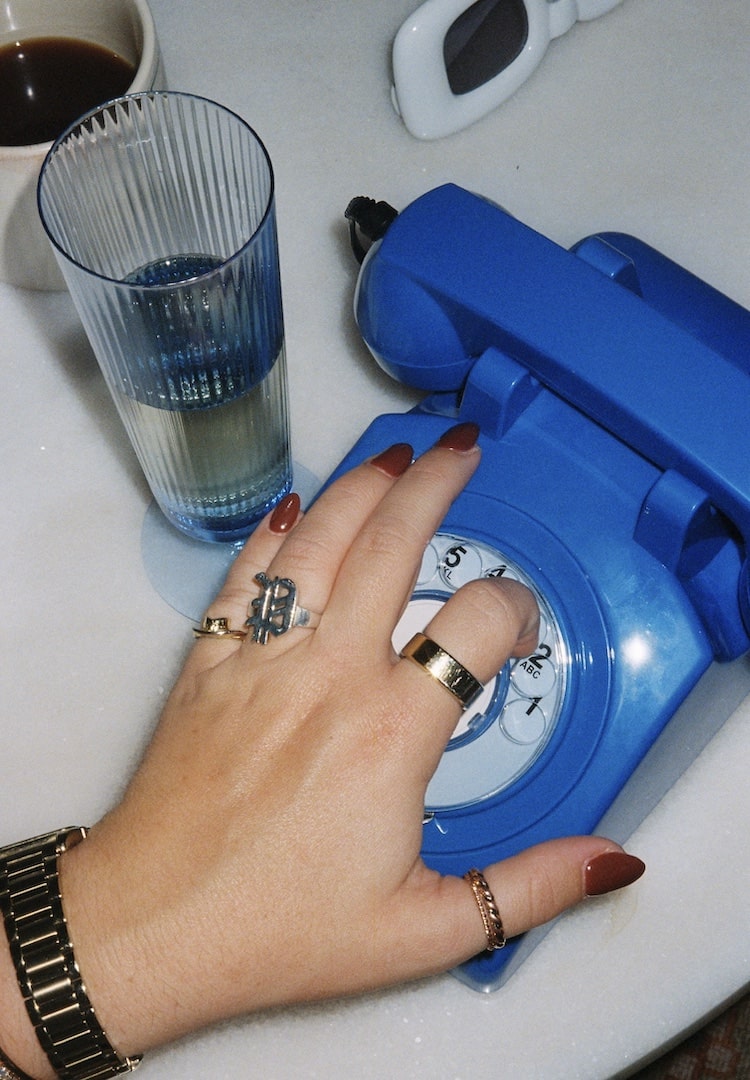I asked a call centre worker how to deal with rejection
WORDS BY SHAEDEN BERRY
“A typical workday sees her invest a lot of time and energy into customers, only to be knocked back at the point of sale.”
About seven years ago, I really wanted to become a published author. So, for a year, I knuckled down. Amidst work and completing my bachelor’s, I poured my heart and soul into my first novel. I wrote thousands of words a day, edited the final product and then sent it to multiple literary agencies in the hopes of getting an agent.
In retrospect, it was nowhere near polished enough to be sending out, and the only people who had read it was me and my mum, so it hadn’t exactly been rigorously vetted by independent eyes either.
Read more personal stories from our FJ writers in our Life column.
And so, unsurprisingly, the rejections came thick and fast. You know how people are like, “Oh (insert a famous author who got rejected 12 times) got rejected lots, don’t let it discourage you!”? My rejection numbers were in the fifties and climbing. It was soul-crushing.
After enduring about two months of this, I hid the document containing my novel in the deep recesses of my laptop and hung up my writing cap for a good four years. I let the rejections destroy my confidence and love for writing almost completely.
It should come as no surprise then that I’m always interested in hearing tips and tricks to handle rejection better in the future – and not just for career purposes. Rejection in any aspect of life – putting yourself out there for new friends or new love interests – can be daunting. For this reason, I sought out the advice of someone who, like me, has a career path that is tangled up in potential rejection.
Melissa*, 28, works as a call centre operator in the sales department of a leading insurance company. A typical workday sees her invest a lot of time and energy into customers, only to be knocked back at the point of sale. I spoke to her about handling rejection on the regular.
“Try not to take it personally,” she tells me, emphasising that it’s her biggest tip. “Yes, it’s deflating when you work hard on something and put a lot of effort and energy into it, but if you can take the emotion out of it and see it for what it is – whether it’s business or not – it makes the loss easier to deal with.”
Removing the personal sting of rejection is definitely key to handling it better. It can be hard when you put part of yourself into something – whether it be a business opportunity, creative project or relationship – to not immediately default to seeing the knockback as a reflection of your self-worth.
Often, the immediate conclusion you draw is that it’s the result of something you’re lacking. But as Melissa reminds me, this isn’t always the case. Companies and people can reject you for reasons outside of your control. When applying for jobs it could be the impact of market trends, and when it comes to relationships it might just be a case of ‘wrong timing’.
“I also see it as a learning curve,” Melissa adds. “I see it as motivation for the next potential sale. [I] see it as a way to refine my technique [and] use it as a guide to what did and didn’t work.”
Once we remove the emotion and hurt from rejection, it can be an excellent place to look for areas we might need to make changes. It can allow us to take a moment to redefine our goals. Turning rejection into a lesson adds meaning to a painful experience and ultimately helps us to move on. Rather than dwell on the outcome, we can ask ourselves, ‘Why didn’t this pitch/relationship/friendship/job interview work?’.
Melissa also says that keeping your goals realistic will help you handle rejection better. For example, maybe my plan of writing a book with no external input except for my mum (and zero industry exposure) but just expecting it to be picked up by a publisher was not ideal. Had I started smaller, with more achievable goals, the rejection might have been easier to handle.
When we’re in the trenches, so to speak, whether it be dating, applying for jobs or pitching stories, it can be really easy to lose sight of the small wins. Getting a second interview is overshadowed by a rejection email, a good date is forgotten thanks to that one guy who stands you up on a Tuesday night.
But, as Melissa reminds me, celebrating the wins shifts the focus away from the rejections. “I reward myself when I hit goals – [I] buy a new book [or] get a massage. That sort of thing,” she says. Finally, I ask her if rejections get any easier the more frequent they become. Her answer is a no and a yes: “They don’t get easier, but they get easier to move on from”.
*Name changed to protect privacy.
For more advice on dealing with rejection, try this.










